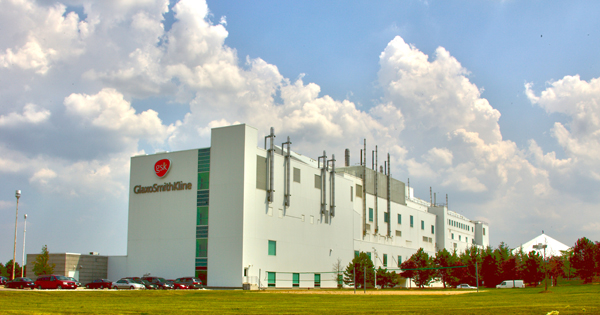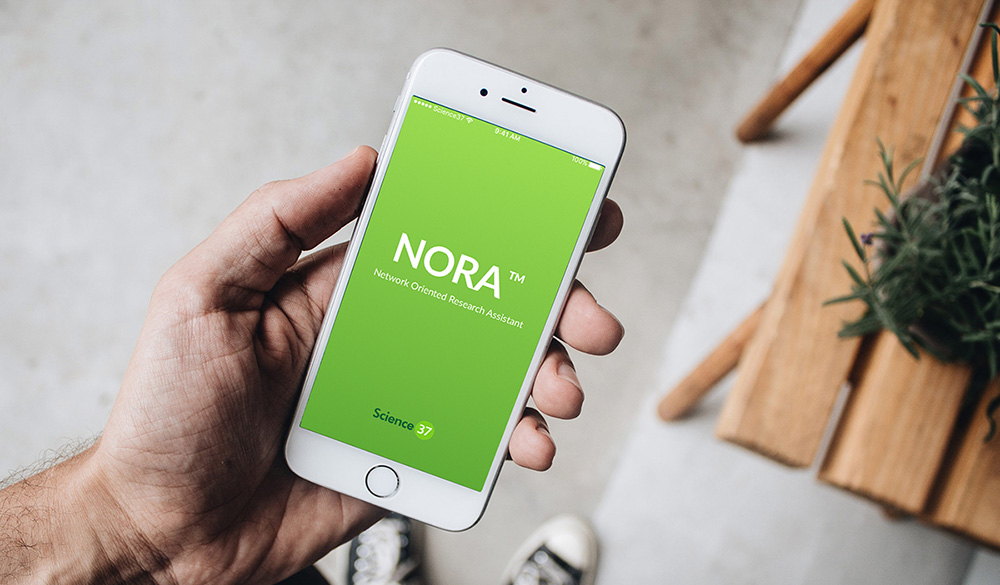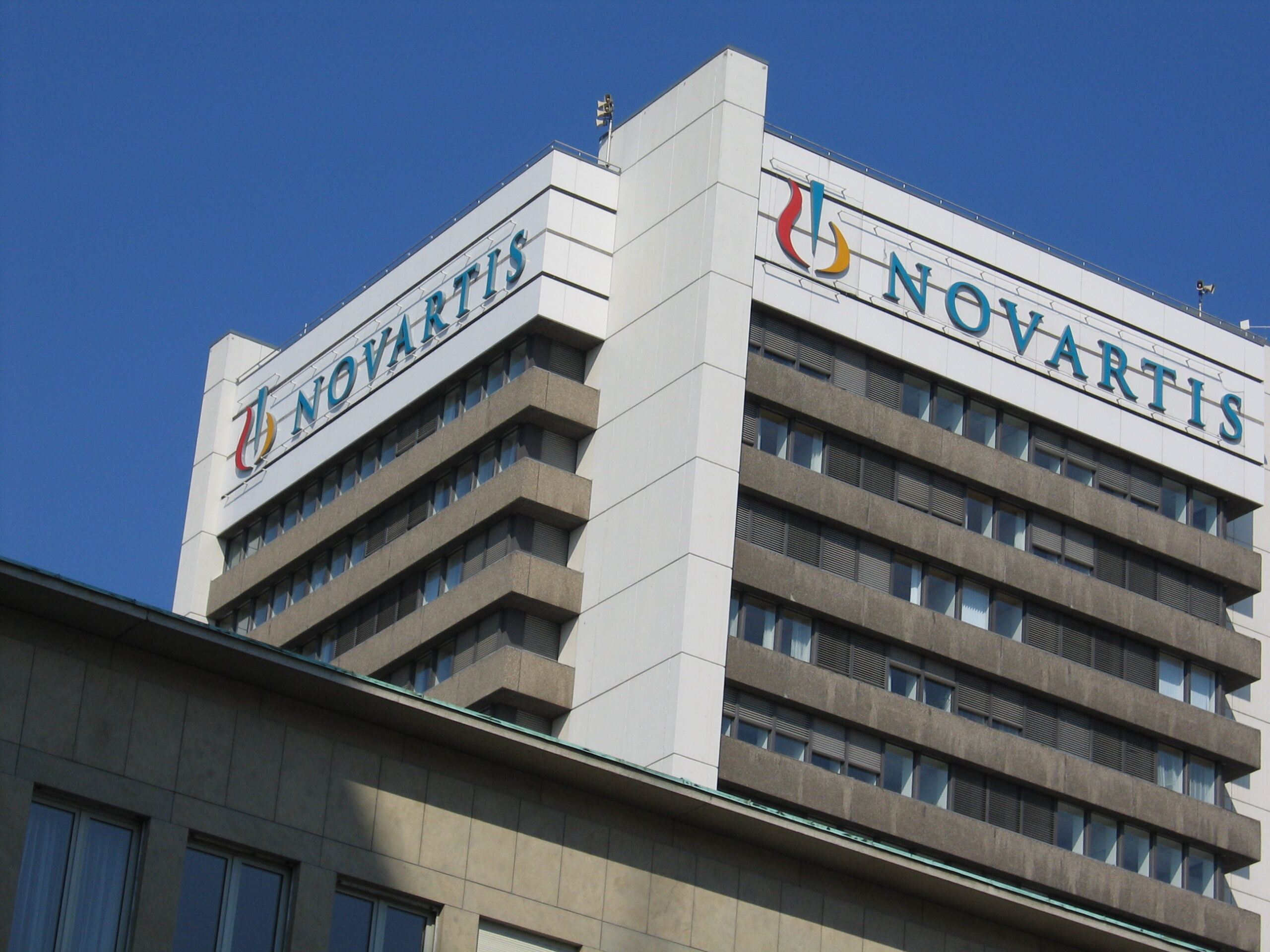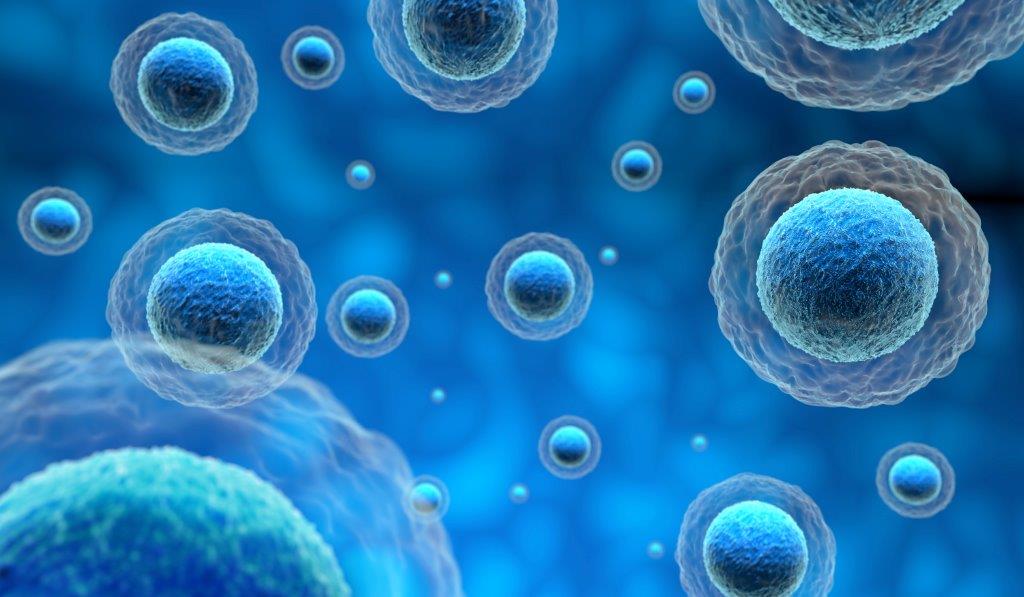GlaxoSmithKline (GSK) has agreed to pay $13 billion to acquire Novartis’ minority stake (36.5 percent) in the companies’ consumer healthcare joint venture. Tuesday’s announcement follows a previous press release issued by GSK explaining that the drugmaker would no longer be in the running to acquire Pfizer’s consumer healthcare business.
“The proposed transaction addresses one of our key capital allocation priorities and will allow GSK shareholders to capture the full value of one of the world’s leading Consumer Healthcare businesses,” said Emma Walmsley, Chief Executive Officer, GSK. “For the Group, the transaction is expected to benefit adjusted earnings and cash flows, helping us accelerate efforts to improve performance. Most importantly it also removes uncertainty and allows us to plan use of our capital for other priorities, especially pharmaceuticals R&D.”
Originally formed in 2014, the consumer healthcare joint venture between GSK and Novartis was the result of a three-part trade between the pharmaceutical companies. Novartis transferred majority ownership and the company’s vaccines division to GSK, while GSK gave its oncology unit to Novartis.
As part of the original deal, Novartis retained the option of requiring GSK to buyout its minority stake in the consumer healthcare business at any point from March 2018 to March 2035. GSK credits this “inherent uncertainty” as a motivator behind their decision to acquire full ownership of the over-the-counter (OTC) drugs business.
“While our consumer healthcare joint venture with GSK is progressing well, the time is right for Novartis to divest a non-core asset at an attractive price,” said Vas Narasimhan, CEO of Novartis. “This will strengthen our ability to allocate capital to grow our core businesses, drive shareholder returns, and execute value creating bolt-on acquisitions as we continue to build the leading medicines company, powered by digital and data.”
GSK was recently in the running to acquire Pfizer’s $20 billion consumer health business, however Walmsley hinted that the possible deal didn’t meet GSK’s “criteria for returns” and may have compromised their “priorities for capital allocation.” Walmsley took over as CEO of GSK in 2017, making the current acquisition of Novartis’ minority stake in their combined consumer healthcare business her first big deal.
In 2017, GSK brought in about $10 billion in sales from its consumer healthcare business. While a traditionally slower-growing market with slimmer profit margins compared to prescription drugs, GSK has reported that sales of OTC drugs have grown 4 percent on a 3-year CAGR basis since 2015.
The consumer healthcare joint venture between GSK and Novartis includes OTC products like Excedrin, Theraflu and Sensodyne. While GSK maintains that India is a “priority market,” the pharmaceutical company is considering selling nutrition product brands, including malted milk drink Horlicks, which tend to bring in the majority of sales from the country.
Depending on the outcome of the strategic review, the company’s consumer healthcare nutrition business could be up for sale as early as the end of 2018. Proceeds from this proposed divestiture could help GSK fund the current buyout of Novartis as well as help to shift their focus to other OTC consumer healthcare products, including oral health brands.










Join or login to leave a comment
JOIN LOGIN